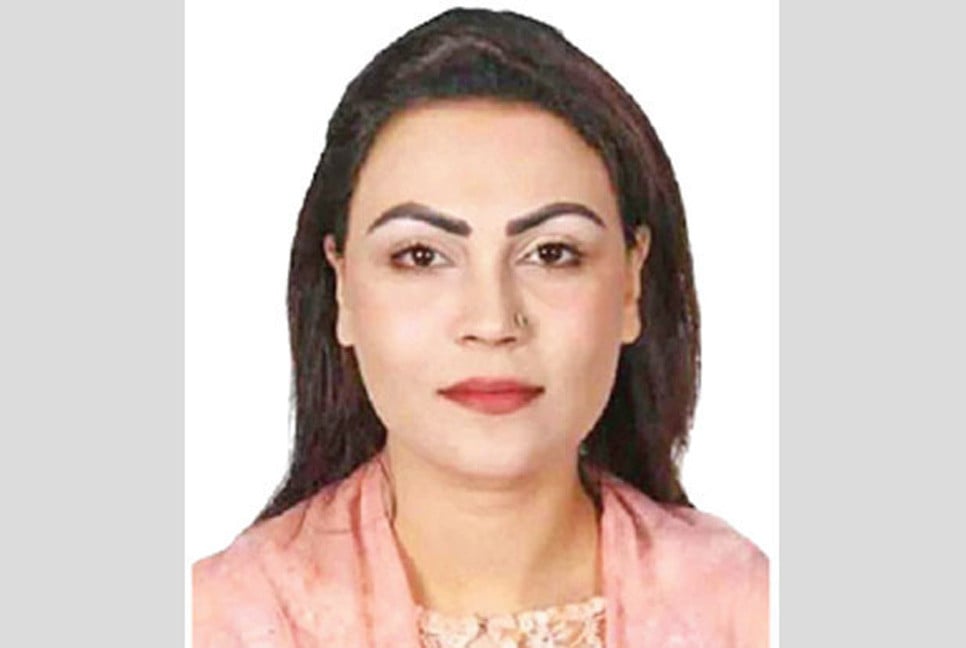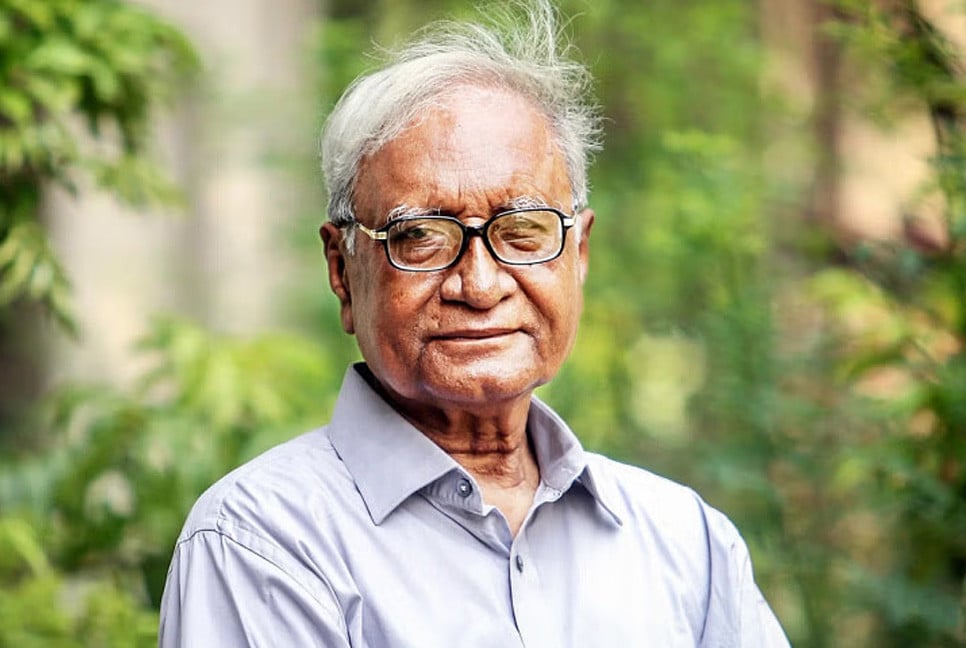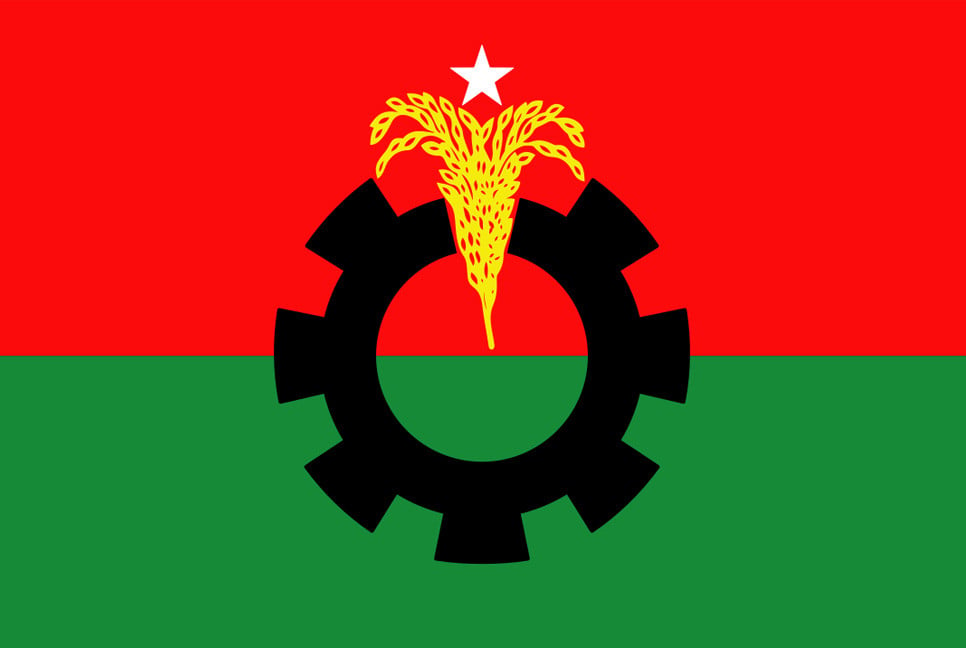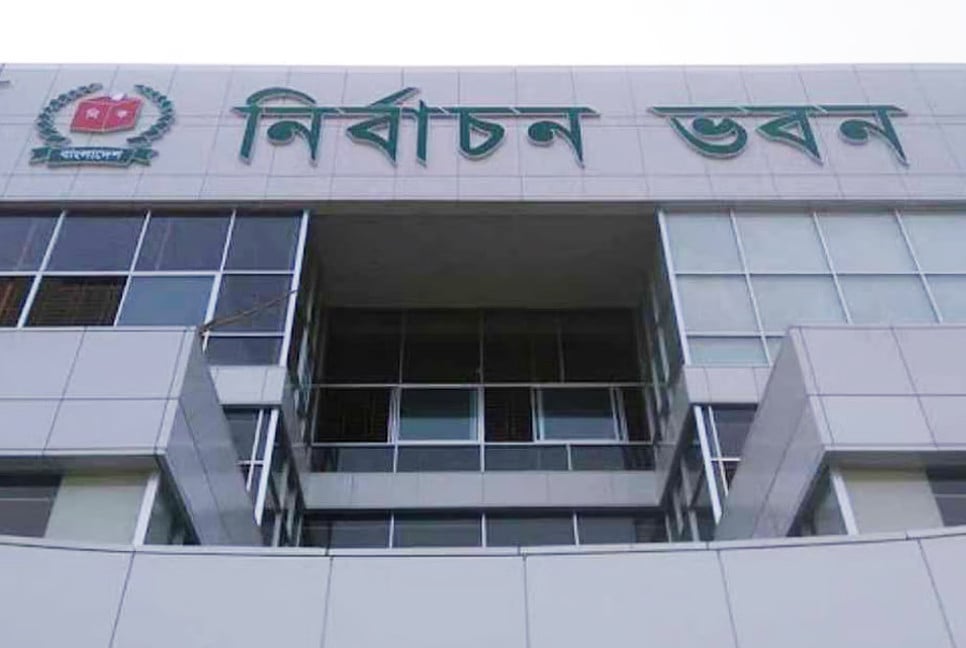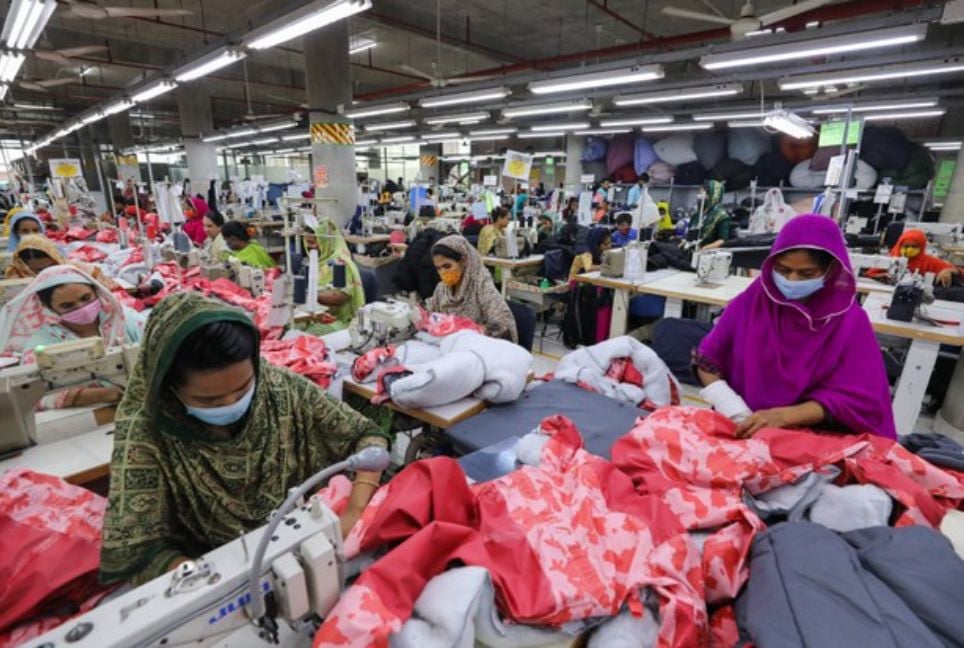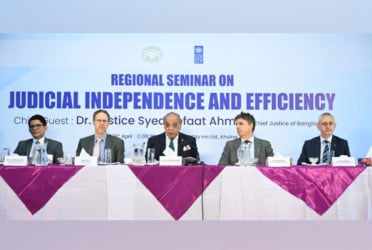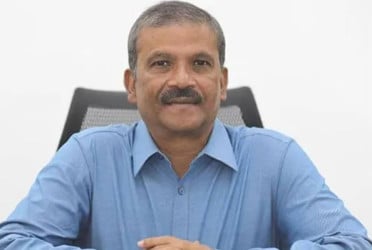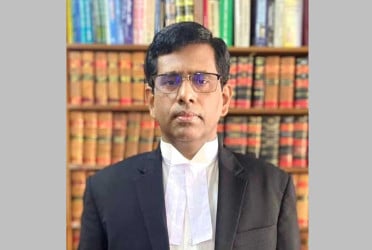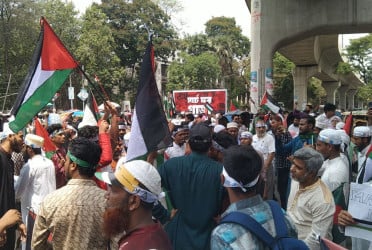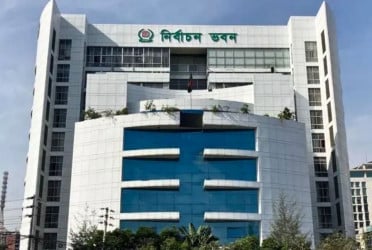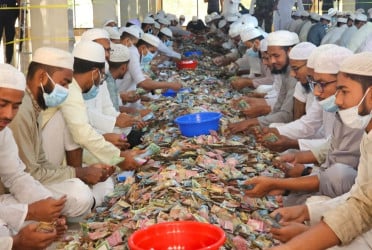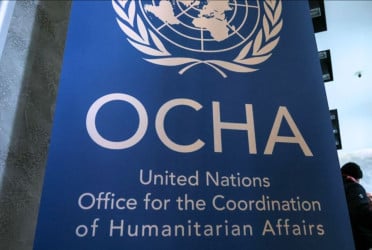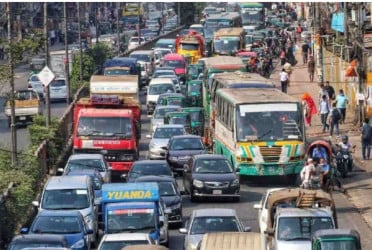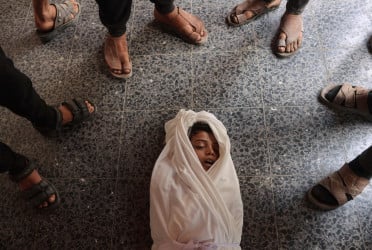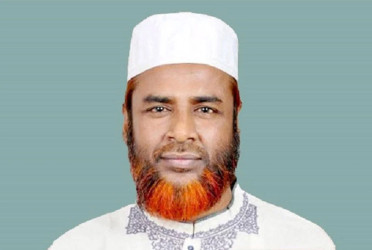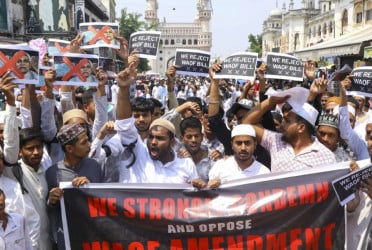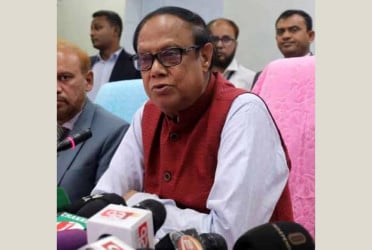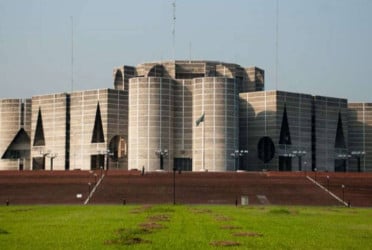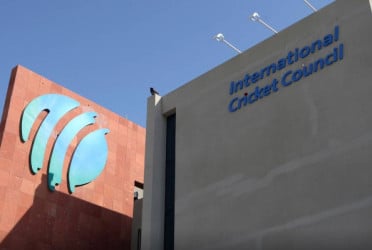In the country, 43% of the population lacks the ability to access essential healthcare, while only 57% can afford it—far below the targets set by the United Nations' Sustainable Development Goals(SDGs).
To achieve the SDGs, healthcare coverage must reach 80% by 2025 and 100% by 2030.
Over the past 16 years, approximately 2.28 trillion BDT has been allocated to the healthcare sector since the 2008-09 fiscal year. Despite an average annual increase of 12% in spending, critical goals such as reducing maternal mortality and lowering adolescent birth rates remain unfulfilled.
As part of the proposed 5th HPNSP, the Ministry of Health and Family Welfare has outlined a plan for primary healthcare activities over the next five years, with a proposed budget of 43.89 billion BDT. The report highlights several challenges in the healthcare sector, including a lack of adequate funding, manpower, infrastructure, and equipment.
Experts and economists, on the other hand, point to inefficiency, lack of accountability, and transparency in the sector's operations and development activities. They note that Bangladesh's public health spending has remained below 1% of GDP for the past decade, which is significantly low, and authorities have failed to utilize limited funds effectively.
A large portion of the healthcare budget goes towards salaries and other operational costs. According to them, the focus in the development budget is on building infrastructure and acquiring equipment.
Dr. Zahid Hussain, former lead economist at the World Bank's Dhaka office, said that the issues in Bangladesh's healthcare sector are more due to inefficiency and poor management than funding shortages. Despite annual allocations being insufficient, funds are often underutilized, leading to cuts in revised budgets.
According to this prominent economist, healthcare spending is increasing in relation to people's incomes, and the gap in government expenditure is exacerbating the struggles of low- and middle-income groups.
He attributed the situation to mismanagement and corruption, stating that funds have primarily been diverted from healthcare services to infrastructure, vehicles, and travel.
Dr. Zahid Hussain emphasized that addressing these systemic issues is crucial to ensuring universal healthcare coverage.
According to data from the Ministry of Finance, healthcare expenditure reached 23,317 crore BDT in the last fiscal year, which is 4.64% higher than the 5,030 crore BDT spent in the 2008-09 fiscal year.
Over the past 16 years, the Ministry of Health and Family Welfare has spent 2.28 trillion BDT, with an average annual growth rate of 12%.
However, an estimated 64% of this funding has been allocated to non-development activities.
Dr. Mohammad Mainul Islam, Professor of Population Science at Dhaka University, said that over time, the government's priority in the health and population sector has diminished. He noted that spending and outreach on issues such as child marriage, family planning, and awareness programs have decreased.
According to Dr. Mainul, the country's population is growing at a moderate rate, resulting in an increasing elderly population. He advised the government to allocate increased funds efficiently to ensure healthcare coverage for the aging population.
Translated by ARK/Bd-Pratidin English


